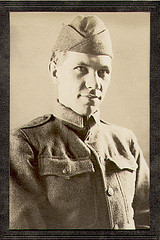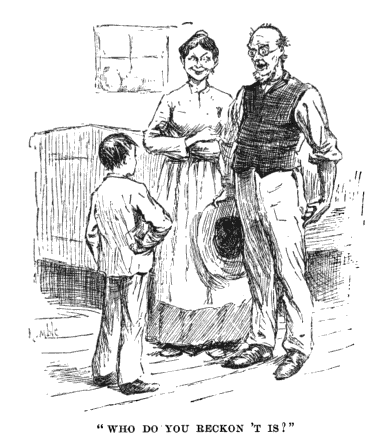
Harold Ross personally edited every issue of the New Yorker between 1925 and 1951. Unfortunately, he was a fiend for commas, peppering every sentence until all possible ambiguity was removed. An example from 1948:
“When I read, the other day, in the suburban-news section of a Boston newspaper, of the death of Mrs. Abigail Richardson Sawyer (as I shall call her), I was, for the moment, incredulous, for I had always thought of her as one of nature’s indestructibles.”
His writers hated this. James Thurber revised Wordsworth:
She lived, alone, and few could know
When Lucy ceased to be,
But, she is in her grave, and, oh,
The difference, to me.
And E.B White wrote, “Commas in the New Yorker fall with the precision of knives in a circus act, outlining the victim.”
But Ross was immovable. “We have carried editing to a very high degree of fussiness here,” he acknowledged to H.L. Mencken, “probably to a point approaching the ultimate. I don’t know how to get it under control.”
So on it went. A correspondent once asked Thurber why Ross had added the comma to the sentence “After dinner, the men went into the living-room.” Thurber responded, “This particular comma was Ross’s way of giving the men time to push back their chairs and stand up.”






